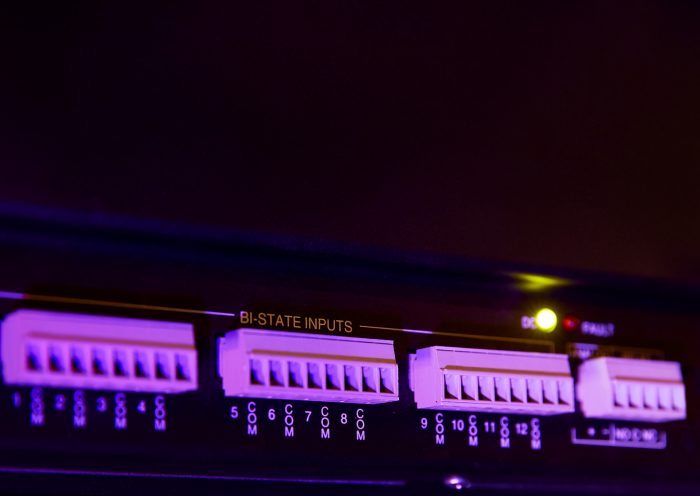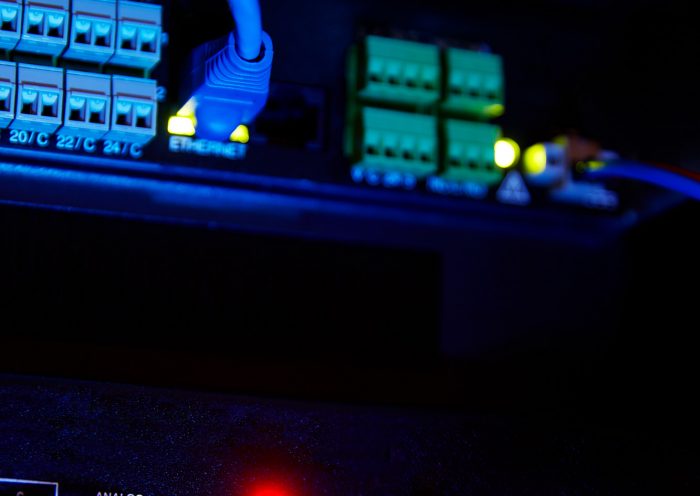

When it comes to power, there are two key issues facing many companies that manage critical assets: the cost of energy is rising, and the reliability of supply is decreasing.
Consequently, the energy industry is facing a shake-up in coming years as consumers and businesses seek to mitigate the effects of these challenges, move away from fossil fuels, and hence consume energy more intelligently, and even generate their own power. Examples of strategies even now starting to be adopted, include switching to renewables, working with feed-in tariffs, the adoption of smart meters, and the growth of the demand response market where consumers are incentivised to cut their energy use when demand and prices are high.
And as the number of power-dependent companies grow, they are beginning to adopt new technology to enable new business models and new approaches to cost management.
In this new environment there is an opportunity for asset-heavy businesses to explore ways to leverage the sunk cost of existing equipment. Now is the ideal time for commercial and industrial consumers to consider how they can both protect their assets and counter the costs of running a large, power-hungry network. This helps organisations to both achieve operational efficiencies as well as generate new profits.
The increased technical complexity of networks and the critical nature of the systems they underpin means stand-by power sources including batteries and generators are widely used to provide back-up in the case of outages.
Back-up power sources generally sit idle until needed. Nevertheless, as they need to be maintained, they continue to be an operational and maintenance expense for the business. But these under-utilised power-generation assets could be making you money instead.
Stand-by power provides an opportunity to make money from assets by reducing demand on the grid. Large organisations including telcos and utilities companies operate at a scale that makes it appealing for power suppliers to offer compensation for reducing the load when the grid is under strain.
The ability to effectively ‘sell’ your standby power at peak times could apply to businesses using:
Being paid to take sites off the grid is already happening, and over time it will happen more often and more easily as power companies realise the advantages.
It is a particularly attractive scenario in populated, urban areas where it frees up power close to where the power is being consumed. And because the assets of large organisations are dispersed across a grid—not concentrated in one spot—freeing up capacity close to where it is consumed makes it simpler for power companies to manage the load without affecting the architecture of the grid.
What are the potential financial gains for asset managers? Different businesses will have different amounts of power available, but as an example, we estimate a number of accesstel customers could generate revenue in excess of $50,000 in just one hour by offloading power across a number of key sites.
Being able to remotely identify the capacity and effectiveness of your assets, and to easily switch power usage to generators or batteries across every site in response to a centralised signal, requires quality monitoring systems across a secure, network.
It is important to think carefully about what you are trying to achieve so that the architecture of your set-up is sound, with attention paid to:
For example:
Over time, more and more data will be available within your business and the question becomes how you will protect, interpret and act on that data to add value: working with an expert third-party can help businesses stay abreast of the technical aspects and obtain meaningful insights. In particular, seek partners that help you take a holistic view of site management—accesstel specialises in customised, end-to-end solutions that encompass the design, management and ongoing refinement of your network to ensure you achieve results.
Done well, gaining insight for improved energy management also saves money by allowing businesses to:
The upshot is less need for manual maintenance—reducing physical inspections by up to 90 percent—plus enabling predictive maintenance that helps you extend the life of assets.
Paying skilled staff to travel to remote sites is expensive: up to $1,000 per visit, which can occur monthly and involve thousands of sites. The cost savings are significant for businesses with an extensive, geographically dispersed network of mobile sites, substations, and remote communication huts.
The unpredictability of blackouts and the importance of reliable power means businesses that manage assets will continue to invest in standby power sources and their maintenance.
Establishing systems to manage this equipment remotely and switch from grid power at will, also requires an investment: but given the potential to both save and make money, it is a wise move. Becoming smarter about how you monitor, control and automate the management of power generation and storage assets is a money-making opportunity not to be overlooked.

How accesstel helps customers deal with the changing energy landscape.
Read more
Most businesses will have an asset or assets that they define as critical. It’s critical because its successful functioning contributes to the ongoing success of the business.
Read more
Not sure where to start when it comes to TED talks? We've curated some of our favourites around data.
Read more